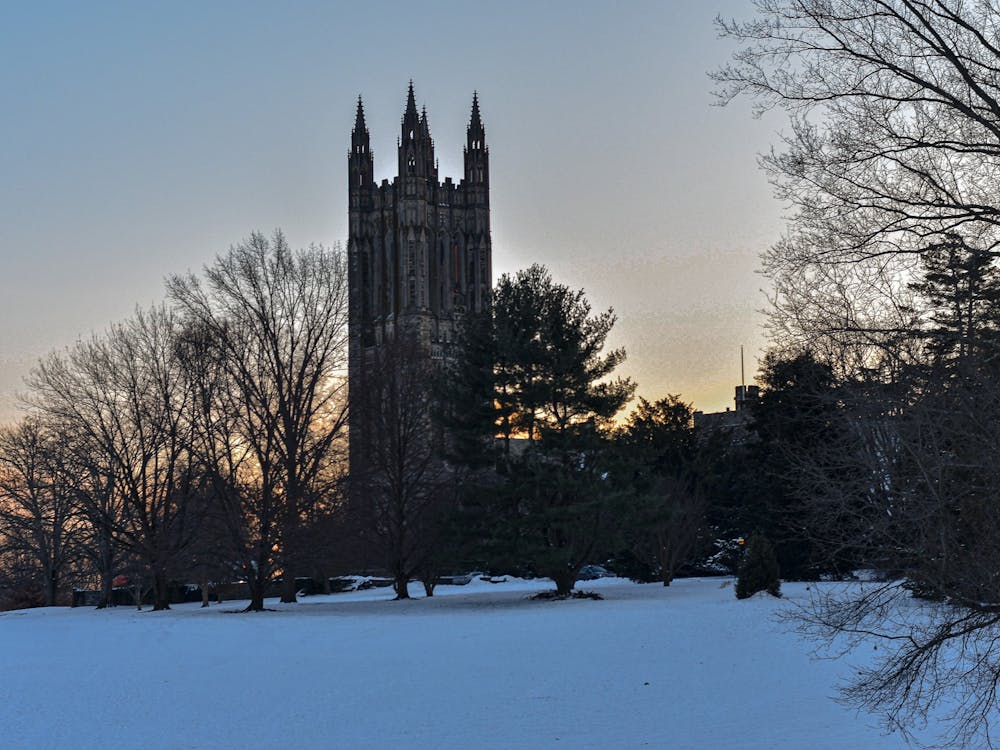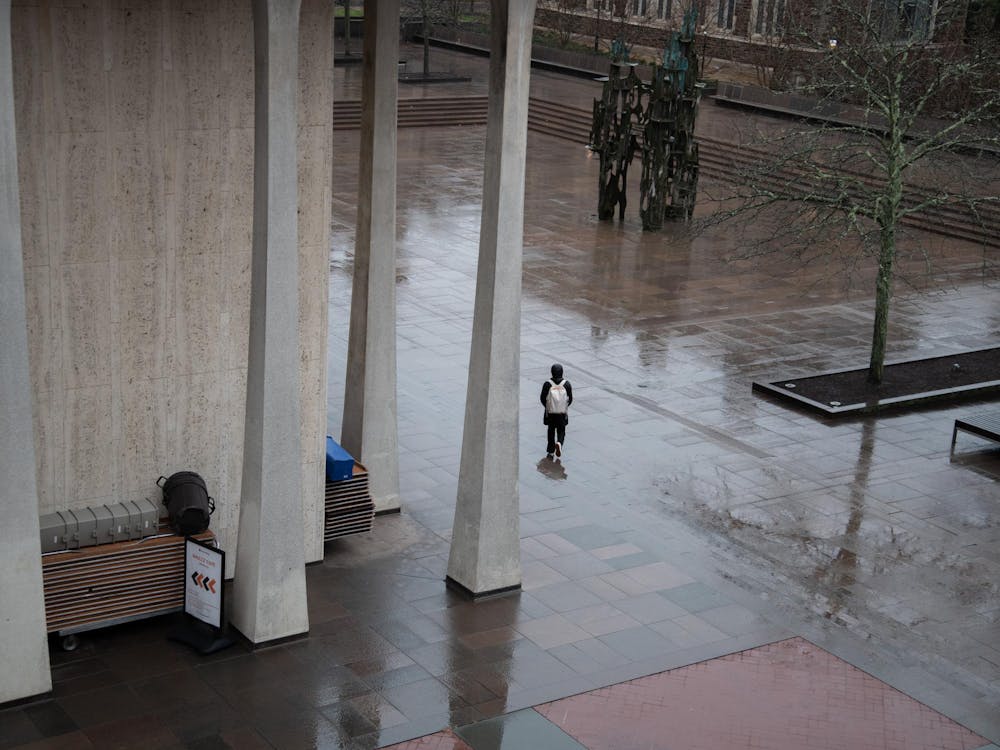This week, Yale University succumbed to the latest in activist hysteria without fully appreciating American history when it decided to change the name of Calhoun College. This change came about as a result of protests by students who detested the residential college's namesake Senator for his ardent support of slavery. Yale's Board of Trustees should have left the name unchanged. I believe that Calhoun's legacy is worth preserving for posterity so that they may evaluate the successes and shortcomings of the country's past leaders.
John C. Calhoun was born in South Carolina and attended Yale University. After graduating, he pursued a career in politics, serving as a Representative, Senator, Secretary of War, Secretary of State, and Vice President.
Throughout this time, Calhoun became the single defining voice for the South. Fellow Senator and opponent of slavery Daniel Webster praised him as, "much the ablest man in the Senate." In 1957, then-Senator John F. Kennedy commended Calhoun for being a, "forceful logician of state sovereignty" and, "masterful defender of the rights of a political minority against the dangers of an unchecked majority."
Calhoun's legacy differs from those of other leaders in that he was one of the last political theorists to serve in an elected office, having expanded the arguments of states' rights and the protection of minority opinions. Perhaps his greatest contribution to constitutional theory was the Concurrent Majority: the argument that minorities can block actions from the "tyranny of the majority."
Yale students contend that Calhoun's name should be removed from the college for two reasons: he upheld slavery and he created the arguments that caused the Civil War. I believe that both of these are unfair assertions because of the moral and historical contexts surrounding him.
While it is true that Calhoun planted the seeds for the secession of the South, secessionism began long before him with the Kentucky and Virginia Resolutions and the Hartford Convention of 1814. Even abolitionist William Lloyd Garrison advocated for disunion. Calhoun should not be solely blamed for the secessionist movement.
His political opinions were often motivated by his desire to maintain slavery as a "positive good" for society. But I do not believe that we should entirely eliminate his legacy for this view either.
The problem with the Calhoun naming conundrum lies in the fact that we judge the people of the past with the morals of the present. As a result, we often disparage individuals without truly understanding why they held such beliefs. Instead, we play the role of armchair historian by automatically labeling them as "immoral" and tossing them aside into the waste basket of history. To understand John Calhoun, we must understand his upbringing.
Calhoun spent his formative years in South Carolina — a bastion of slavery. For him, the sight of slaves working in the field was probably a daily occurrence. During this time period, black people were treated as property in the South and, for the fortunate few who were free, as inferiors in the North. Calhoun likely did not ponder the morality of slavery.
Most northern states abolished slavery after the Revolutionary War, but that did not actually free the slaves due to grandfather clauses. In fact, New Jersey reported that it had slaves as late 1846.
I am providing this narrative merely for historical context.
Traditionally, college students have favored the philosophy of moral relativism. Stanford University's Encyclopedia of Philosophy states that this viewpoint considers, "the truth or justification of moral judgments is not absolute, but relative to the moral standard of some person or group of persons."

If a person was taught from a young age that murder was tolerable for revenge, then he or she would never perceive its immorality. The same was true of slavery and racism at that time. There were some people who simply did not know any better. Even the Southerners who did see slavery's immorality — which I believe is highly improbable for Calhoun — as a "necessary evil" could not advocate for abolition because it would result in their own economic ruin. The colloquial saying that they were "stuck between a rock and a hard place" was especially true for these morally enlightened Southerners.
Moral relativism should not be used to excuse human slavery or to sympathize for slaveholders; we can all agree that this was a human disaster. Rather it should serve as a lens through which we can understand slavery's underlying causes so that we can prohibit it from reoccurring.
Slavery was preserved because human beings were directly equated to personal wealth. Generally speaking, people care about their financial wellbeing. If we simply dismiss leaders like Calhoun on the basis that they were racist, then we miss the deeper issue of addressing rampant greed in society. White supremacy might have started slavery and been used by Calhoun to justify it, but avarice was the underlying cause that perpetuated this institution in spite of conflicting moral arguments.
America's leaders were imperfect people. For example, President Franklin Roosevelt often serves as the gold standard for modern politicians; however, few question his prominent status despite his blatantly racist policy of Japanese internment.
We cannot discredit the legacies of our nation's leaders simply because of their role in a tragedy. During the first half of the nineteenth century, slavery was a fact of life.
I urge Yale University to not erase all of their references to Calhoun and instead to adopt the approach that Princeton took in relation to evaluating Woodrow Wilson's legacy. Yale should create an exhibition that publicly displays all of the major features of his life in a candid manner so people can silently weigh his vices against his virtues. This will both encourage the scholarship of our history and prevent the dangerous spread of groupthink among the nation's next generation of leaders.
John C. Calhoun was a flawed man. He was a brilliant political philosopher who used his talent to defend the great evil of mankind. It is this conflict that makes him a magnetic figure in American history. Unfortunately, Yale has submitted to the outcry of expunging his legacy rather than, as Calhoun himself said, "learn from your mistakes and build on your successes."
Liam O’Connor is a freshman from Wyoming, Del. He can be reached at lpo@princeton.edu.








